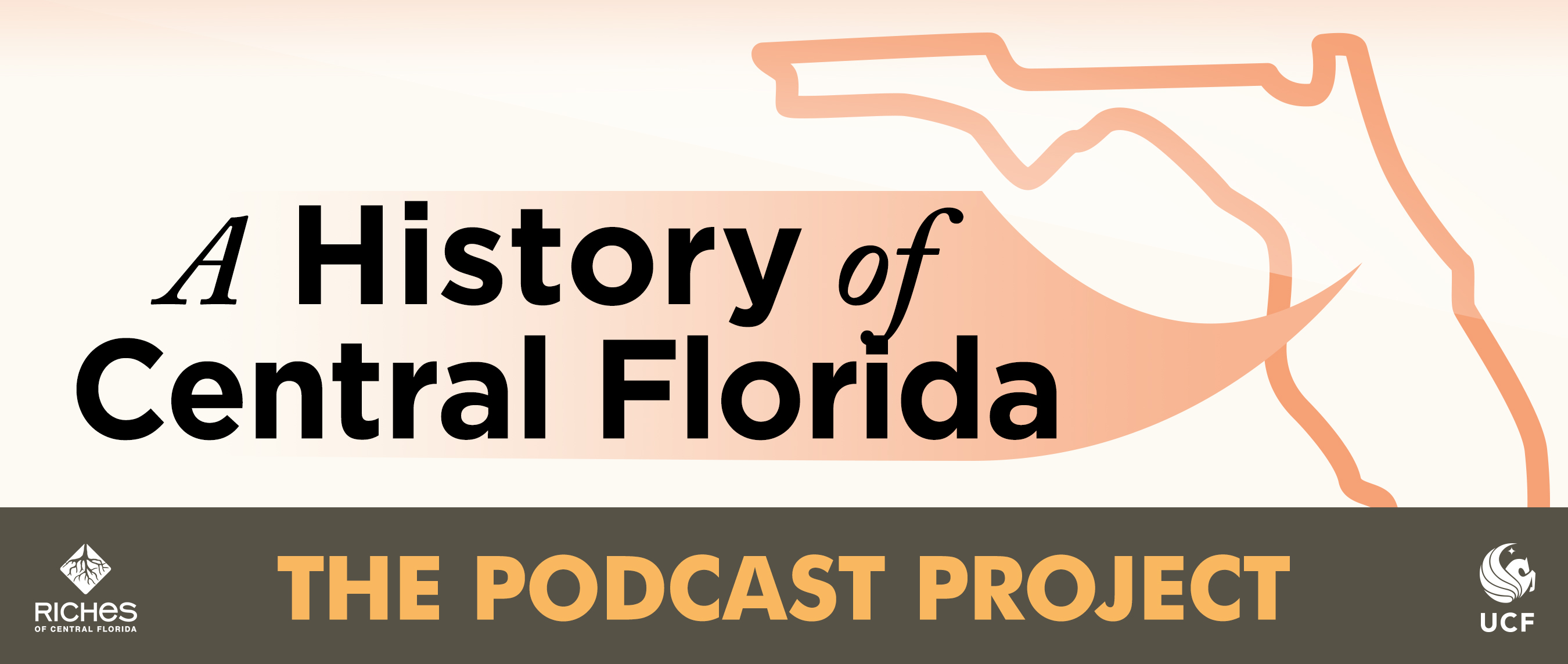 Florida Historical Markers and Sites
by
F. E. Boone
Florida Historical Markers and Sites
by
F. E. Boone


State Archives of Florida, Florida Memory, http://floridamemory.com/items/show/10858







State Archives of Florida, Florida Memory, http://floridamemory.com/items/show/163458
Visit our Primo Research Guide if you have any questions.

